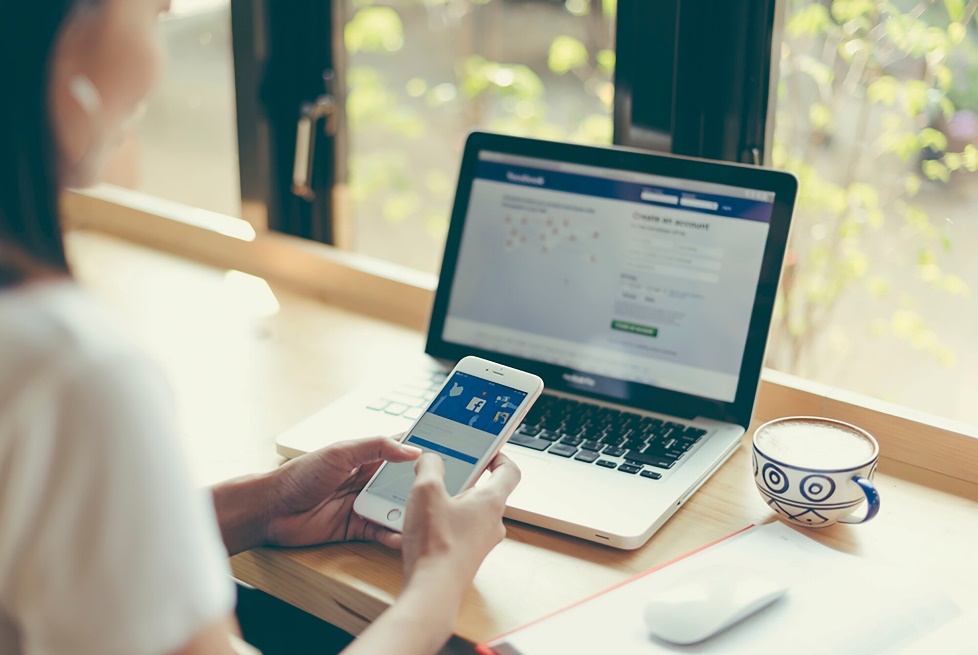
It’s not much of an overstatement to say that social media has taken over the world. Across the globe, over 3.8 billion of the world’s 7.7 billion people use at least one social media platform.
As a result, it should come as no surprise that we’re using our accounts for more and more these days. From simple communication to online marketing to login security, social media does it all.
But if you’ve ever wondered about the safety of the social sign-in options you’ve seen, you’re far from alone. Is it safe to use a social login, and should you think twice before you click one? Here’s what you need to know about these helpful online tools.
How Social Logins Work
Before we dive in, let’s take a look at how social logins work in the first place. These logins harness the power of an authorization framework known as OAuth. This allows users to authenticate their access without setting up a username and password like you would on a standard login.
To make this work, you’ll need to already be logged into the relevant social media account. Most websites that allow social logins will offer access through a number of common platforms, such as Facebook, Google, Twitter, Yahoo, Apple, and LinkedIn.
In addition, most websites that offer social logins will also make you consent to sharing your information with a third-party website before you can log in for the first time.
Reasons People Prefer Social Logins
Statistics show that around 90% of online users would rather use a social login than the traditional username/password combination. Here are a few common reasons why someone might prefer to use a social login.
- Social logins are required: Some websites require users to input their social credentials for access
- No need to remember a password: Social logins offer the convenience of fewer passwords to jot down
- Social logins are linked to payment: In some cases, users log into an app or website using a social login linked to their payment, such as signing in to a newspaper app whose subscription was purchased via Google Play
- Registration is fast: Social logins take less time than it takes to enter a username and password
In essence, many users choose social logins for their speed and convenience over security. But does that mean security could be an issue?
Social Login Safety
So, when is it safe to sign in with Facebook or another social media account? The answer to this depends on your online behavior preferences.
When you use a social login, you’re turning over your data and information to both the social network and the third-party app or website you’re logging into. As a result, if either of these sources suffers a data breach, your sensitive info may be out there for the world to see.
Even tech giants like Facebook and Google have been hacked before, and future security breaches could present a risk to your personal data. However, using two-factor authentication can be a great way to minimize that risk, as it adds an extra layer of security.
Social logins do, on the other hand, ramp up the average user’s safety in one significant way: they minimize the need for strong and complex passwords. It can be difficult to come up with and track passwords that can keep potential hackers at bay, and social logins make it easy to authenticate your access without the need for a spectrum of unique passwords on every website you use. This service may not be as effective as a well-rounded password manager, but it’s better than jotting down lists to keep in your drawer!
At the end of the day, there are pros and cons of factoring social logins into your online security. Monitoring your accounts and following through with other online security best practices can minimize your risk and make them a viable way to control your online logins.
Social Login Privacy
As mentioned above, social logins can present a bit of an issue in terms of privacy. This, of course, should come as no surprise to anyone who has ever used a social media platform. Facebook, in particular, is notorious for tracking user behavior across the board.
When you use social logins to sign in, you’ll have to consent to share information with a third-party app or website—though it can be difficult to understand exactly what is being shared. In some cases, your information may even be stored or sold without your knowledge.
There are ways to minimize these breaches of personal privacy, however, even if you use social logins. First, make sure to check which platforms have access to your social media accounts on a regular basis, and take note of the details you share. Second, doctor your privacy settings on each platform to ensure that you share as little as possible.
You may also want to consider Sign in with Apple where possible. This service doesn’t mine data, allows you to hide your email address, and works with two-factor authentication. To learn more, visit this site: https://setapp.com/how-to/use-sign-in-with-apple-everywhere
Make the Most of Social Logins
Ultimately, your social login can be as private and safe as you make them. If you’re already fine with handing your data over to the social media platforms you use, social logins may not present much of an issue. Moreover, if you struggle to track your passwords online, these services can be a great step up if you don’t want to invest in a password manager.
The choice is yours, so consider the pros and cons to make it wisely!
Want more of the valuable tech tips you need to know? Check out our other posts for more information.

